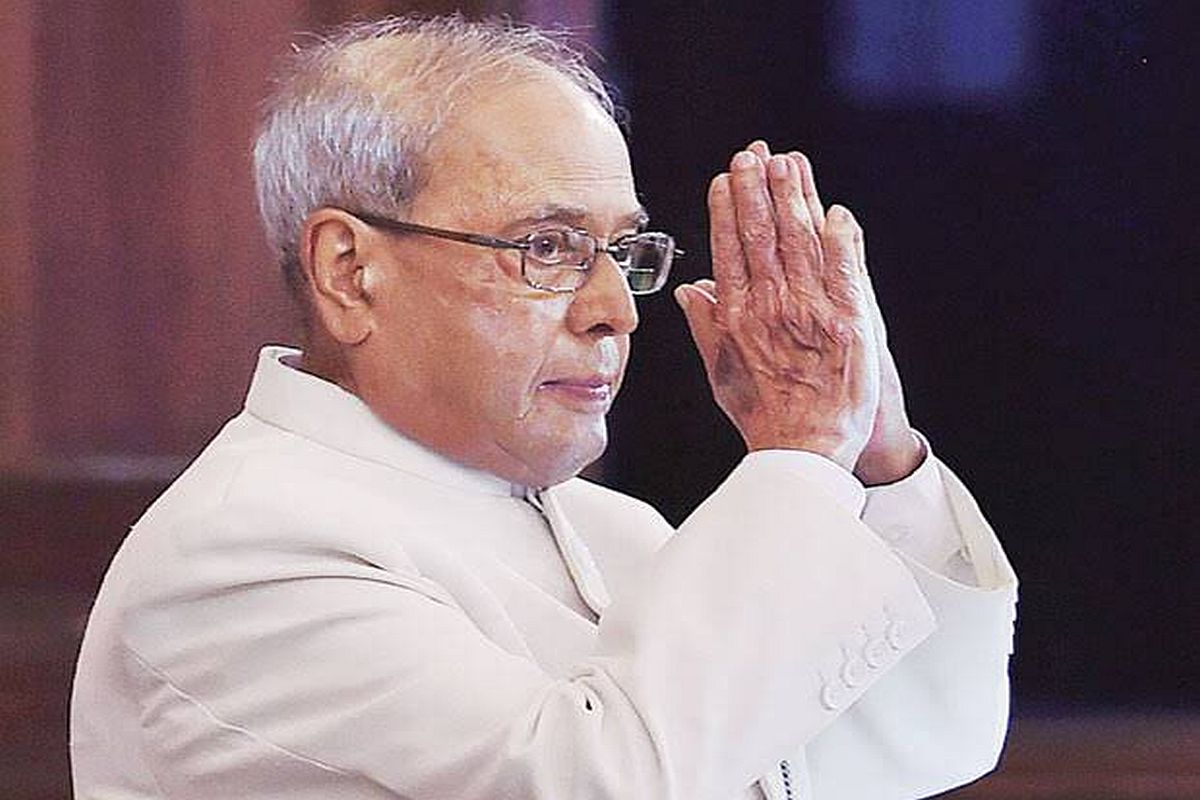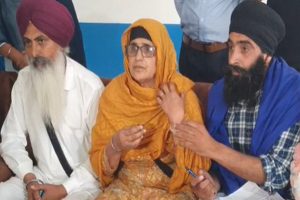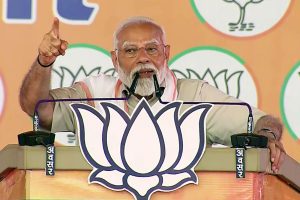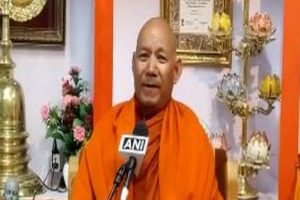In the intricate tapestry of Indian politics, Pranab Mukherjee’s journey stands as a riveting narrative, especially during his formative years under Indira Gandhi’s tutelage. Sharmistha Mukherjee’s recent book, “Pranab, My Father: A Daughter Remembers,” intricately unravels the political odyssey of this states- man, shedding light on the nuances of his association with the Gandhis and the ensuing trust deficit that be- came a defining thread in his political legacy. The book artfully navigates through Pranab Mukherjee’s early years, swiftly ascending to become one of Indira Gand- hi’s most trusted lieutenants. The corridors of power in the 1970s resonate with tales of a young man’s mete- oric rise, his political acumen earning him a pivotal role in shaping the destiny of the nation. The daughter- turned-author’s narrative skilfully captures this phase, offering readers a glimpse into the dynamics of power during the Indira era and her father’s role in those transformative years. However, as the pages turn, the narrative takes a poignant turn, revealing the fractures that emerged in the relationship between Mukherjee and the Gandhis post-Indira. The trust deficit, delicate- ly chronicled in the book, becomes a focal point, ex- posing the complexities that underlie political allia- nces. The author’s inclusion of her father’s own assess- ments, notably his observation that Sonia Gandhi was “only trying to protect her own and her family’s interests,” adds a layer of candid introspection to the narrative.
The book weaves together threads of the former President’s internal turmoils, struggles to keep his tem- per, and his propensity to use the phrase “firmly and frankly” in political interventions. It becomes a portra- it not just of a seasoned politician but of a man grap- pling with the intricacies of power, loyalty, and the in- evitable tensions that arise in the political arena. Ami- dst these political intricacies, the author integrates personal anecdotes, offering a rare glimpse into Pranab Mukherjee’s role as a loving but no-nonsense father. From witty rejoinders to his daughter’s queries to the proud recording of her achievements, the book humanises a political figure often perceived as stoic and reserved. As we delve into Mukherjee’s political le- gacy, the book does not shy away from controversies, notably his observations about Rahul Gandhi. The author’s spirited defence against the backdrop of free- dom of speech adds a contemporary layer, prompting readers to reflect on the delicate balance between fa- milial loyalty and the unfiltered portrayal of political fi- gures. In essence, “Pranab, My Father” emerges as more than a mere memoir. It is a political chronicle that traverses the highs and lows of a distinguished career. It invites readers to ponder the complexities that define the relationships between political stalwa- rts, the interplay of power dynamics, and the enduring impact of those relationships on the course of a nation. Through Sharmistha Mukherjee’s lens, her father’s political life, particularly under Indira Gandhi and the subsequent trust deficit, becomes a compelling narra- tive that resonates far beyond the pages of history











